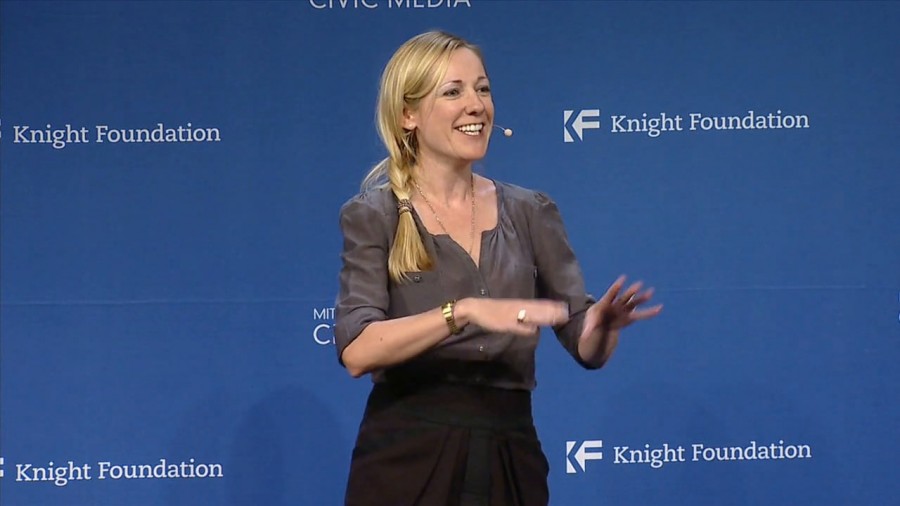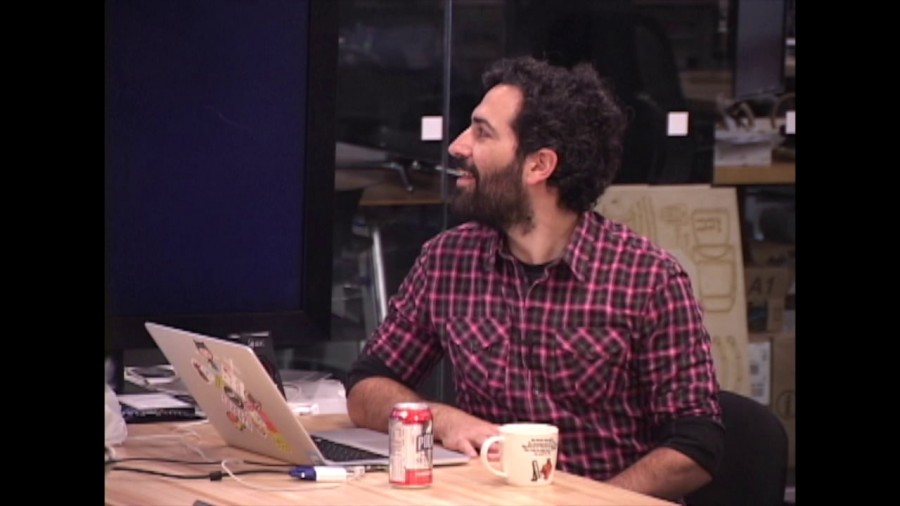What I’m going to do today is situate digital methods as an approach, as an outlook, in the history of Internet-related research. I’d like to divide up the history of Internet research largely into three eras, the first being where we thought of the Web as a kind of cyberspace.
MIT Comparative Media Studies/Writing
The End of the Virtual: Digital Methods
presented by Richard Rogers

The Neil Gaiman 2008 Julius Schwartz Lecture at MIT
presented by Henry Jenkins, Neil Gaiman
What is genre? I think it’s probably a set of assumptions, and it’s a loose contract between a creator and an audience. But for most of you, genre is something that tells you where to look in a book shop or a video store.

How to Social Engineer Your Child through Minecraft
presented by Marie Gilot
Today I want to talk to you about how you too can social engineer your child through Minecraft. First off, this is not a presentation for any kind of parents. There are some parents that are not going to be interested in this, for instance if you want your child to be happy and you’re fine with that.

The “Essence of Sandwichness,” Including the Official New York Definition of a Sandwich
presented by Noah Veltman
I love reading government memos because the world is an unclassifiable place, but the people that write these memos have to try to classify it anyway, and the results get weird. You get these classification oddities, these regulatory platypuses.


